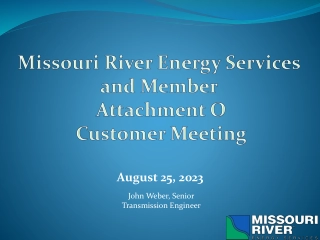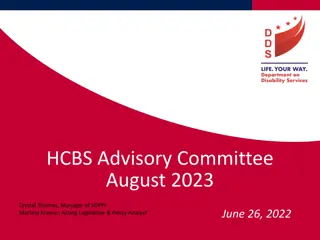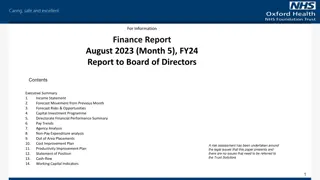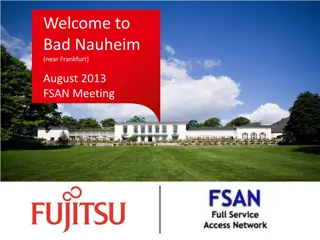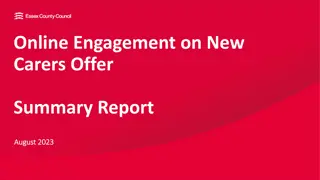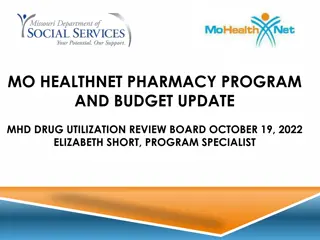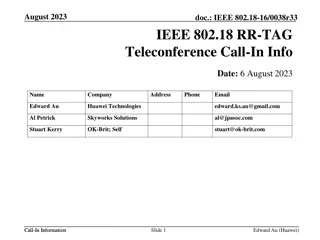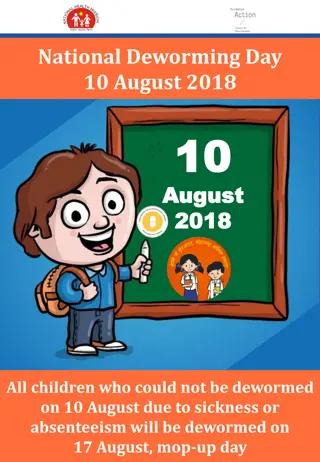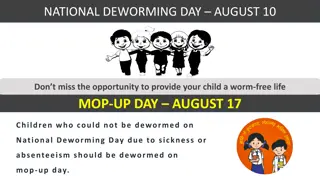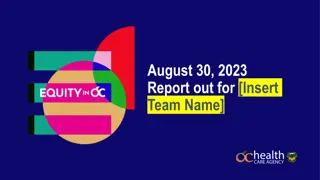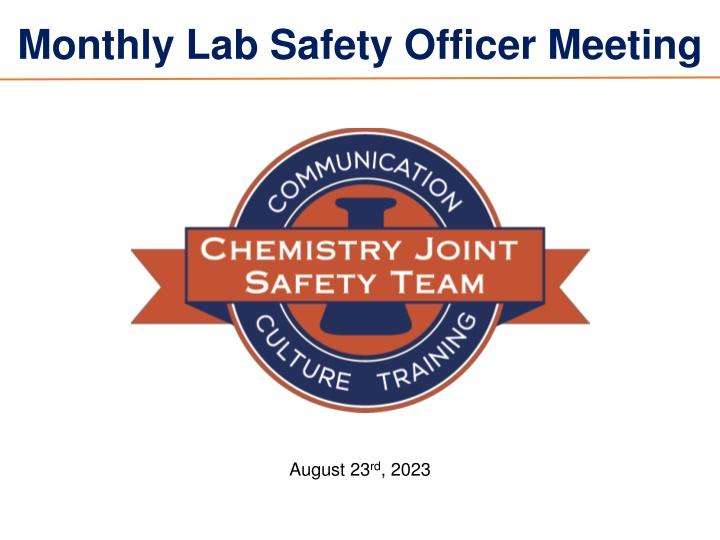
Lab Safety Officer Meeting - August 23rd, 2023 Agenda and Reports
Stay informed about the Monthly Lab Safety Officer Meeting held on August 23rd, 2023, discussing topics like recent near-miss incidents, chemical incompatibility issues, and safety protocols. Explore incident reports, precautions taken, lessons learned, and safety tips for handling chemicals. Don't miss the Safety Minute on Chemical Incompatibility for essential guidelines. Enhance your lab safety knowledge and practices today!
Download Presentation

Please find below an Image/Link to download the presentation.
The content on the website is provided AS IS for your information and personal use only. It may not be sold, licensed, or shared on other websites without obtaining consent from the author. If you encounter any issues during the download, it is possible that the publisher has removed the file from their server.
You are allowed to download the files provided on this website for personal or commercial use, subject to the condition that they are used lawfully. All files are the property of their respective owners.
The content on the website is provided AS IS for your information and personal use only. It may not be sold, licensed, or shared on other websites without obtaining consent from the author.
E N D
Presentation Transcript
Monthly Lab Safety Officer Meeting August 23rd, 2023
Agenda 1. Announcements a) Change of LSO Form https://forms.gle/BsQQuzsK5F7c3kqq6 b) Anonymous Near Misses and Incidents Form https://forms.gle/88wVJ8gHXFoMqBtw5 2. Open Discussion a) Facilities Issues/Updates 3. Recent Near Miss/Incident Reports a) Chemical incompatibility near miss 4. Jerrican Program Online Submission Form Discussion a) Discussion led by Shad Barker, Regulated Waste Operations Manager, DRS 2
Open Discussion Any Facilities Issues or Updates? Safety concerns or comments? Suggestions for future meeting topics? 3
July 2023 Incident Report: Chemical Incompatibility Description A researcher disposed of an old sodium sulfide bottle by adding deionized water to the salt and pouring the sodium sulfide solution in a new (empty) aqueous waste container bottle. The procedure was carried out in a fume hood, and the waste bottles are always kept in the fume hood. Another researcher pointed out that since the pH of the aqueous waste usually ends up being very acidic (pH=1, since several researchers dispose acidic solutions), there could be a risk of hydrogen sulfide evolution from the sodium sulfide. The first approach was to oxidize the sodium sulfide with hydrogen peroxide, but since the process was too exothermic, another approach was used, i.e., a strong sodium hydroxide solution was added and the waste solution (pH=11) was submitted to DRS for pickup. What precautions were taken? The pH was monitored and adjusted to 11. The aqueous waste bottle was closed and submitted for a DRS pickup, so that no more aqueous waste could be added. What went right with the response? At least 3 researchers in the group were aware of the risks of hydrogen sulfide evolution when sodium sulfide is present in an acidic environment, so action was taken immediately. A researcher was aware of the expected pH of aqueous waste. Proper PPE was being used. The whole operation was carried out in a fume hood. What could have been done differently? The sodium sulfide bottle could have been submitted for waste pickup as it was (in its original container) without mixing with other waste to avoid reaction generating poisonous/flammable gas and avoid mixing strong acid and strong base. Lessons Learned/How can such incidents be prevented? Dispose of hazardous waste separately (in their original containers) if possible. Check the SDS of chemicals before disposing of them. Be aware of the risks of chemical incompatibilities. 4
Safety Minute: Chemical Incompatibility Consult the following sections of an SDS sheet (among others) before storing, working with, or disposing of a chemical: Section 2: Hazards Identification Section 7: Handling and storage Section 10: Stability and reactivity Section 13: Disposal considerations https://www.sigmaaldrich.com/US/pt/sds/aldrich/407410
Safety Minute: Chemical Incompatibility Consult SOPs within your group, from DRS, or from other universities for more details about how to safely handle, store, and dispose of chemicals. 6 https://drexel.edu/~/media/Files/engineering/departments/materials/Lab%20Safety/sop_0026_-_sodium_sulfide.ashx?la=en
Jerrican Program Online Submission Form Discussion
Thank you for coming! Please forward LSO meeting recap email/slides to your group! We can stay for a few minutes if there are further questions. We are taking attendance based on the participant list! No need to sign in. 8

